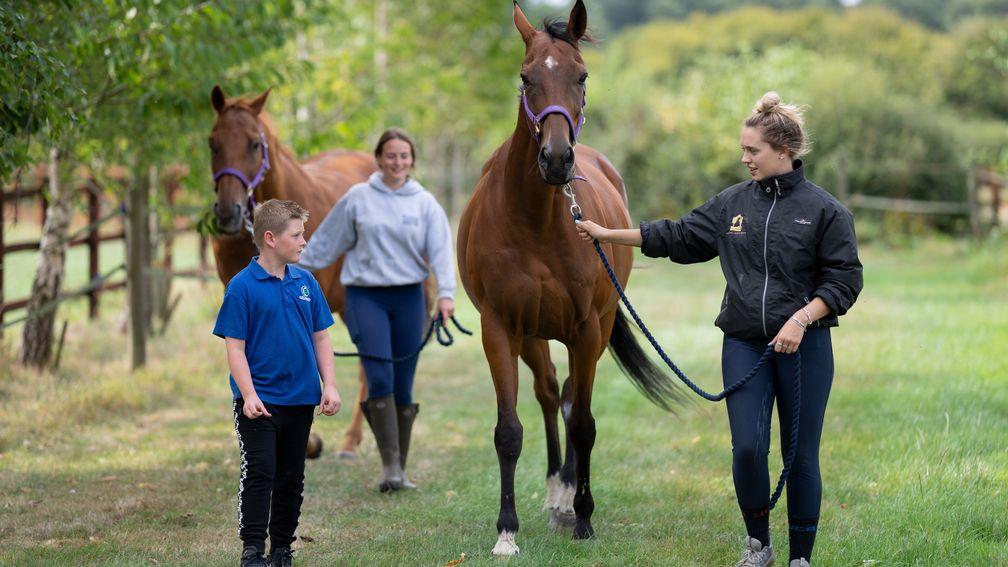'This is an investment in the future of racing - it's vital if we are to have a vibrant racing sector for the next 30 years'
Lewis Porteous finds out how British racing is progressing on its welfare aims ahead of the sport's biggest day


It was pure chaos. Scores of protesters were trying to scale perimeter fences, others had got in and were attempting to glue themselves to fences on the course, all while police using riot vans and trained dogs, security and angry locals did everything they could to stop them. Darren Owen, commentating on the race for BBC Radio 5 Live, would later say it was “like a war zone”.
Ultimately, the animal rights activists, organised by the protest group Animal Rising, were unsuccessful in their mission to prevent last year’s Randox Grand National from taking place. But, having caused a 14-minute delay to the great race just as millions had tuned in to watch, they had certainly made an impression.
The dramatic scenes underlined the fact that the Grand National, as the biggest race in British racing, has increasingly become a focal point for public interest in racehorse welfare.
Read the full story
Read award-winning journalism from the best writers in racing, with exclusive news, interviews, columns, investigations, stable tours and subscriber-only emails.
Subscribe to unlock
- Racing Post digital newspaper (worth over £100 per month)
- Award-winning journalism from the best writers in racing
- Expert tips from the likes of Tom Segal and Paul Kealy
- Replays and results analysis from all UK and Irish racecourses
- Form study tools including the Pro Card and Horse Tracker
- Extensive archive of statistics covering horses, trainers, jockeys, owners, pedigree and sales data
Already a subscriber?Log in
Published on 8 April 2024inSpecial reports
Last updated 19:17, 8 April 2024
- Internal unrest and financial blows: is there a crisis brewing at the Jockey Club?
- How black market bookies have spread through racing - and even solicit business at Cheltenham
- Concerns raised over Premier racing launch as it emerges key project has no dedicated marketing budget
- Britain's biggest jumps owners are deserting their home country for Ireland - so we asked them why
- 'This isn't for the short term' - the inside story of the big-spending operation which could become British racing's next superpower
- Internal unrest and financial blows: is there a crisis brewing at the Jockey Club?
- How black market bookies have spread through racing - and even solicit business at Cheltenham
- Concerns raised over Premier racing launch as it emerges key project has no dedicated marketing budget
- Britain's biggest jumps owners are deserting their home country for Ireland - so we asked them why
- 'This isn't for the short term' - the inside story of the big-spending operation which could become British racing's next superpower